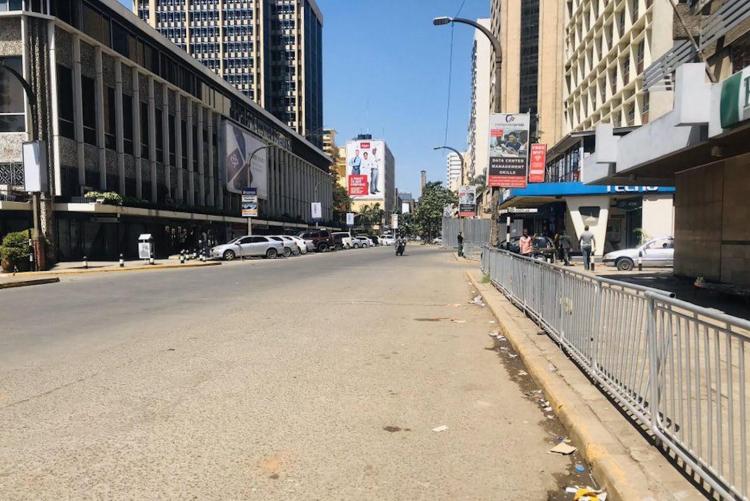Throughout the world, COVID-19 pandemic has adversely affected the day-to-day functioning of cities. It has paralyzed transport systems, endangered public health, and ruined their economies and livelihoods of vulnerable groups. For the lobbyists of walkable, unpolluted and vehicle-free cities, the past few months have offered an unprecedented opportunity to test the ideas they have long advocated for. With COVID-19 lockdowns drastically reducing the use of roads and public transport systems, city authorities around the world are taking advantage by closing streets to cars, opening others to bicycles and widening sidewalks to help residents maintain physical distancing recommended by the World Health Organization (WHO).
According to the World Bank (2020) about 100 million people around the world are likely to become poor due to COVID-19. A majority of the “new poor” will be people living in cities and who are self-employed, mostly working in the informal sector. Most of these urban residents are not only income poor but also mobility poor.
Read the rest of the article by Prof. Evaristus M.Irandu in the Research and Innovation Blog at https://uonresearch.org/blog/making-urban-streets-more-people-friendly-in-post-covid-19-era/

